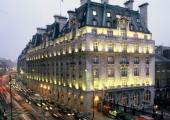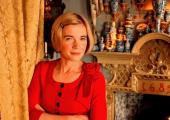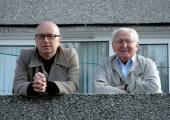Time Shift, BBC Four

Check in to London's grand hotels across a century
You might say that the grand hotels brought this on themselves. Time Shift: Hotel DeLuxe on BBC Four last night saw beneath the shine of their marble atria and heard the uncomfortable murmurs under the joyful gossip of their chic bars. What started out as an apparent paean to the luxury hotel - the Savoy, the Ritz, the Dorchester - with an emphasis on the glamour, energy, buzz and innovation they created soon turned into a documentary with a social conscience.









